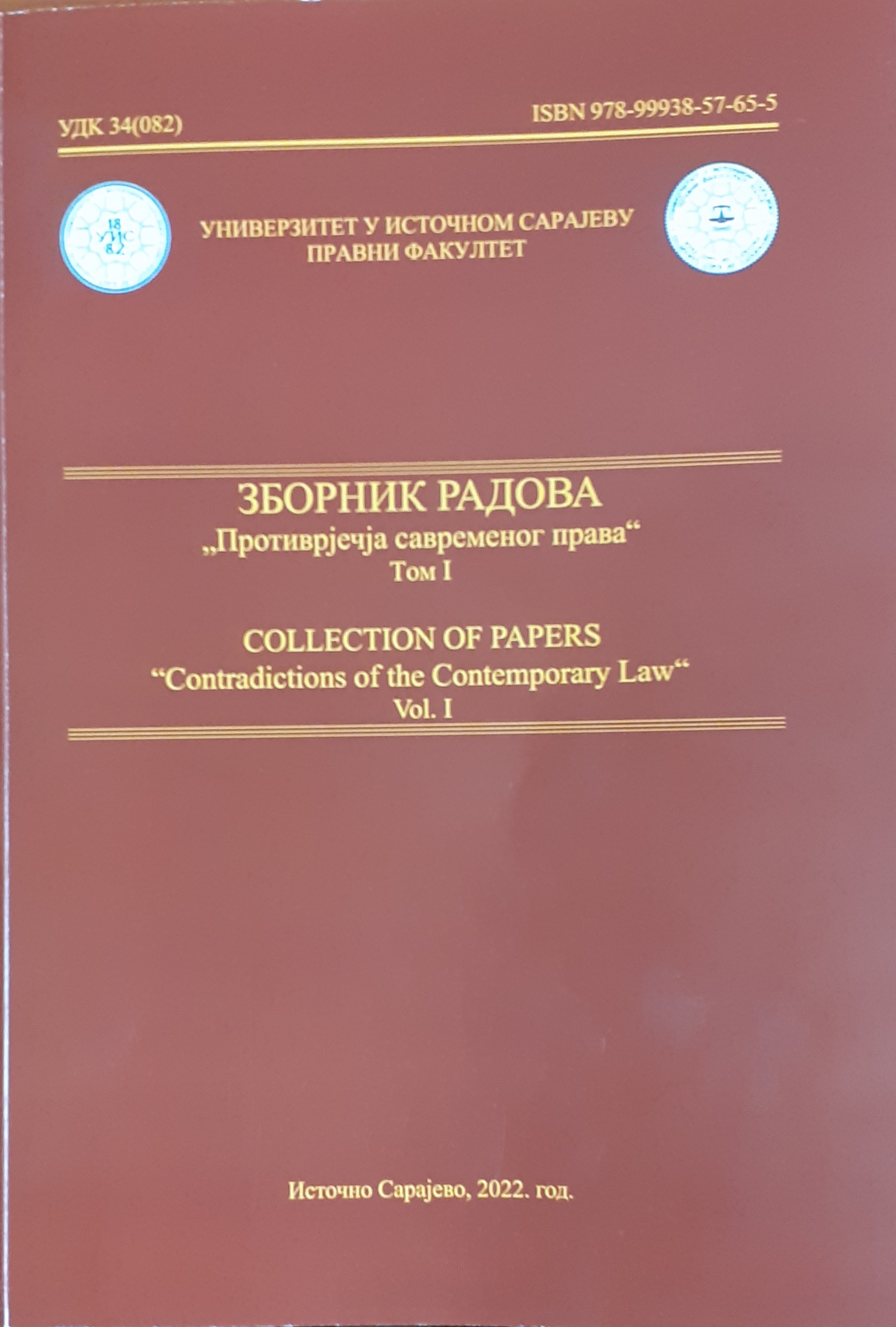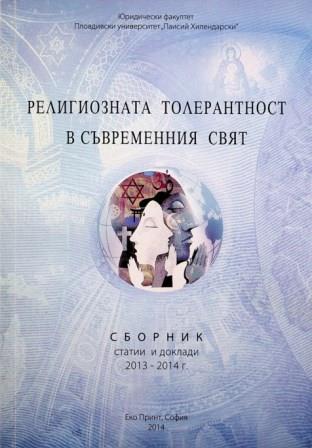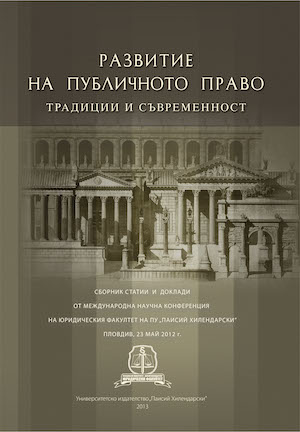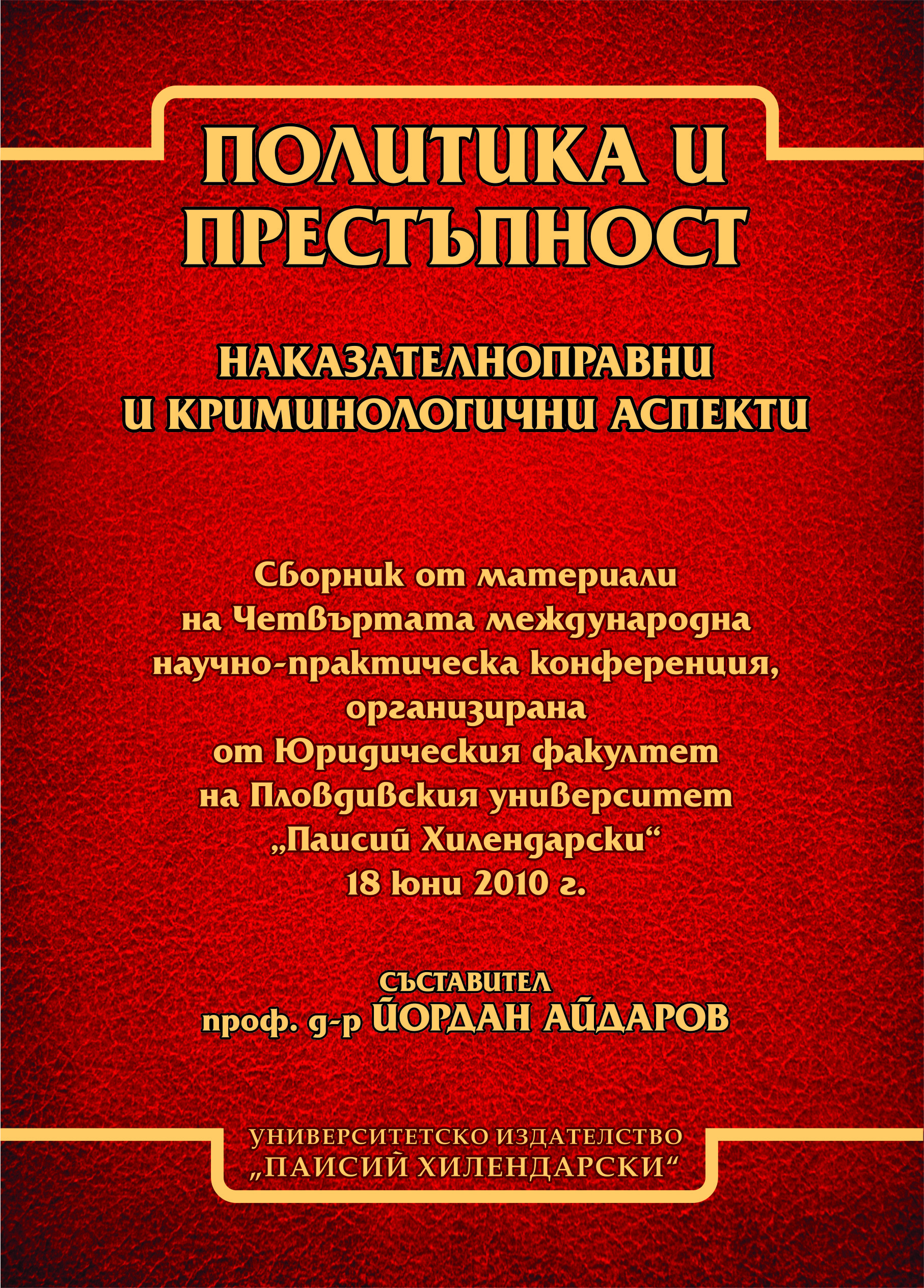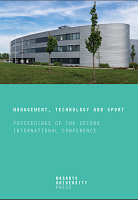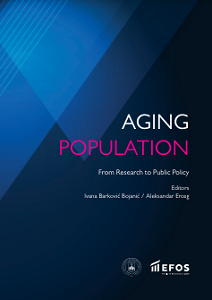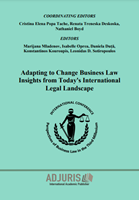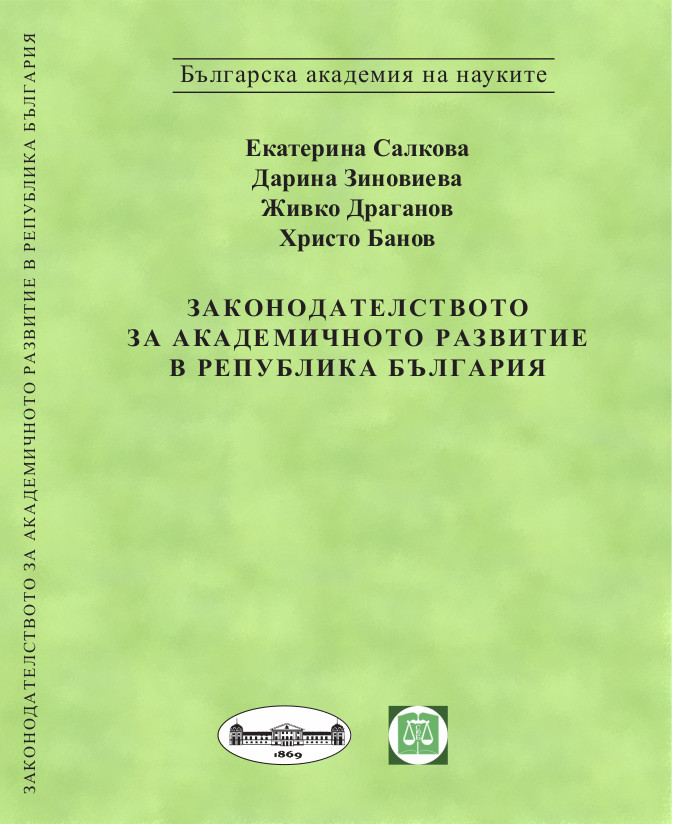
УСТОЙЧИВОТО РАЗВИТИЕ НА АКАДЕМИЧНИЯ СЪСТАВ И ПРОДЪЛЖАВАЩАТА РЕФОРМА В ПРАВНАТА МУ РЕГЛАМЕНТАЦИЯ
In 2010, the Bulgarian legislator initiated amendments to the legal framework of academic development, aimed at introducing a decentralized approach to the awarding of academic degrees and the occupation of academic positions. These amendments received contradictory evaluation, and the substantial decline in the quality of scientific production as a result of their application cannot be denied. This result has become the reason for the introduction of new amendments in 2018, focused on the establishment of minimum national requirements and efficient monitoring of compliance with the law and the academic ethics.
More...

